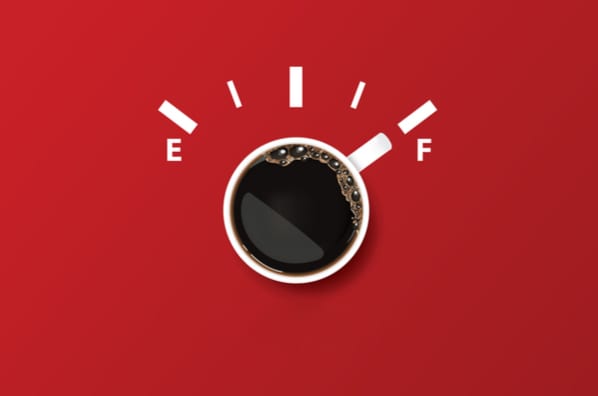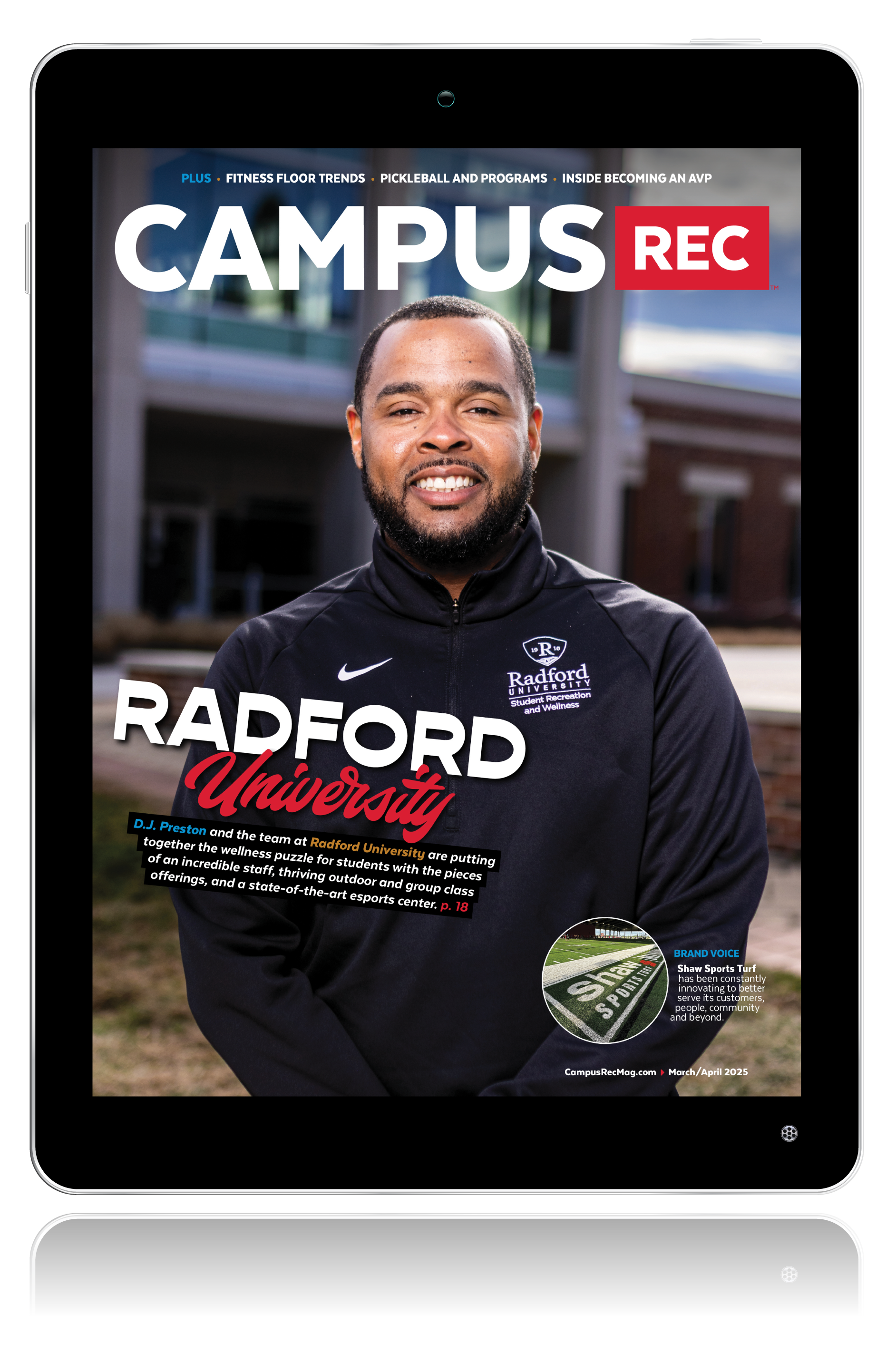
John Wooden once said, “Next to love, balance is the most important thing.”
I am finding myself in a season of life where I am struggling to find good balance. It’s because I have many roles that I try to fit in each day such as: a husband to my wife, a father, mentor, friend, blogger, associate director of both programs and facilities, and a Ph.D. student. I find myself unable to effectively devote meaningful energy to be effective in any of these roles. As a result, I find I do not bring my best self each day.
Have you been telling yourself you’re just fine because you’re used to being busy, productive and perpetually on the edge of burn-out? The road to burnout is paved with good intentions.
I have had to stop and ask myself, “How full is your cup right now?” When I am at my best, I am putting into practice the habits I have built over time that help fill my cup such as prayer and reflection, reading to learn new things and for personal enjoyment, exercising to feel better and live better, and spending quality time with the people I love. As I pour out of that cup into relationships, my work or my education, it does not run dry as I am prioritizing the things I need to do in which to stay in that state of being. As a leader, husband, father, student, etc., I cannot pour into someone else or something else if mine is empty. I needed to act on this issue in my life rather than be acted upon by it. James Clear, author of “Atomic Habits” said people who make a specific plan for what and where they will perform a habit are more likely to follow through. In order to get back on track, I need a plan. If you are stuck in a similar rut of feeling off-balance, make a plan.
One must evaluate how they are spending their time. For many including myself, lack of time, or rather not prioritizing time for the things that need to be a priority, is a central balance issue. In order to squeeze out every second of productive work time, you might skip exercise, eat lunch at your desk every day, and work nights for several days straight in order to meet a tough deadline. This strategy may even work in the short-term, but over time it will catch up to you.
Dr. Stephen Covey, author of “the Seven Habits of Highly Effective People,” calls the important priorities which should go on your calendar first “big rocks.” He refers to the less important things as “gravel.” Without getting your big rocks in first, they will never fall into place, and your life will be filled with gravel. In other words, if you spend all your time and energy on the small stuff, you won’t have time for the things that really matter. If you focus on the things that really matter, you will find time to deal with the small stuff as it comes along.
In order to make a meaningful change, one must also identify barriers that are in the way of where one desires to be or where one desires to return. A large barrier for me is the cellphone. It is amazing how a tool meant to improve lives and communication has had the opposite effect on our society. My cellphone allows a ridiculous amount of gravel into my life which serves as a distraction from what truly matters. As such:
- I will attempt to not only put the phone down when I am at home or when I am having a meaningful conversation, but I will leave it in the other room in order to be truly present where I am. This would mean no work calls unless something is urgent, and no emails.
- I will set aside time each morning, a minimum of 30 minutes, for prayer, reading and reflection.
- I will set strict study time to devote to my classes.
- I will set aside time to work out each day no less than 30 minutes.
- I will set aside time each day to focus on my personal mission and vision as well as my team’s mission and vision.
- I will attempt to set strict workday start and end times.
- I also need to prioritize vacation.
- I will take one or two days off every quarter for a short trip with my family.
- I will spend intentional time with my spouse without TV or other distractions.
- Last, but not least, I will say “no” more often. One of the things most campus recreation professionals are not good at is saying “NO,” especially if the request would come at the expense of one of my “big rocks.”
- I also must take time to reflect and remember my “why” and let that motivate me. I am in the business of campus recreation to impact lives one person at a time. If I don’t have things in order in my life, my impact will not be as effective as it should be.
Once you have established your “big rocks,” share them with your leader, team, any other relevant colleagues and your family. Decide for yourself when it’s OK to make exceptions and when it is not. It’s one thing to put in a little extra time to get a tough project done, but you don’t want to compromise regularly otherwise you will be back in the same place of unbalance. It is up to you to decide how flexible the boundary should be. The goal is to be able to look at your life in totality with no regrets, knowing you gave your all and brought your best self to each day.










